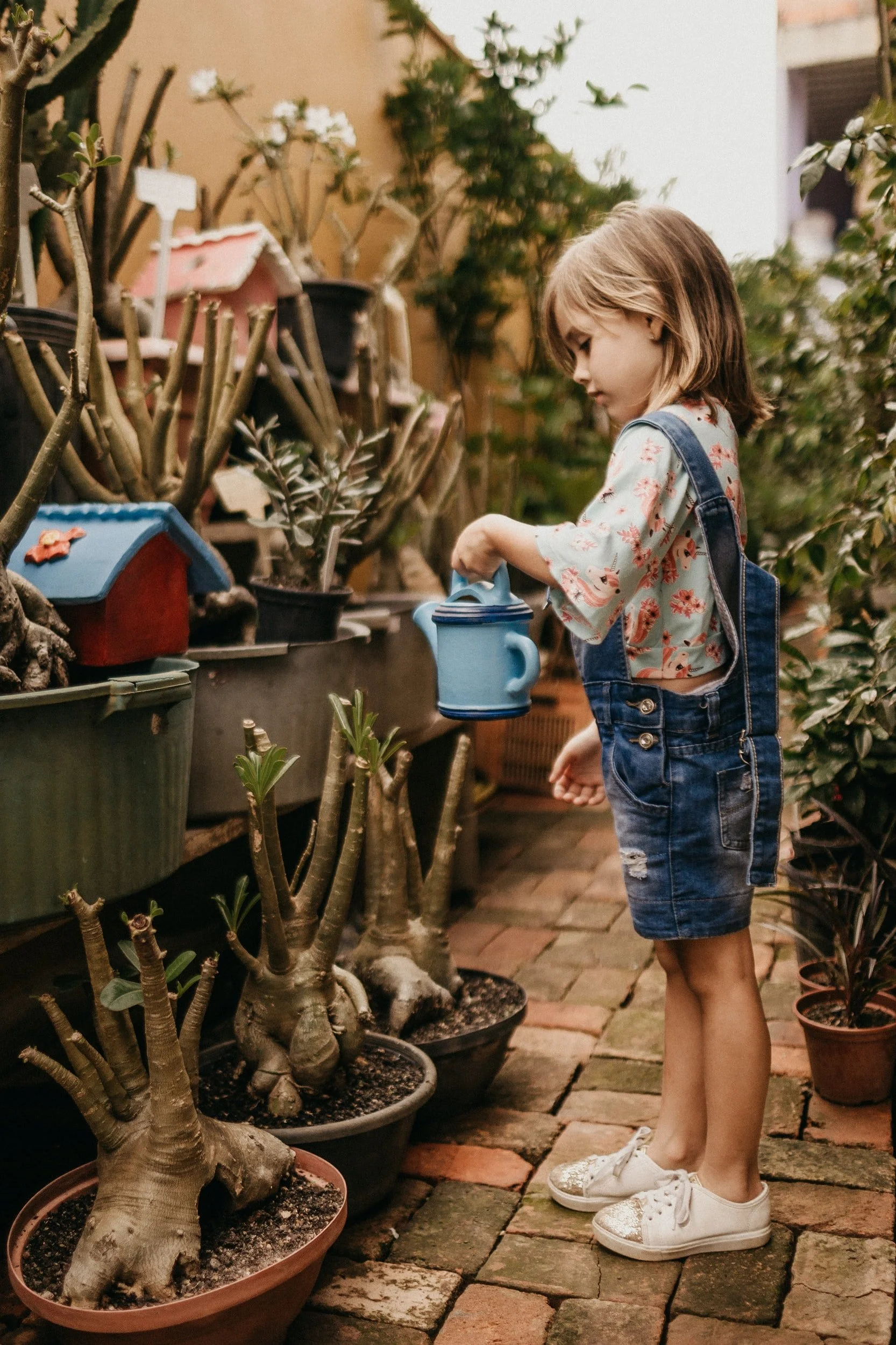ACEs - What are they and why do they matter?
Adverse Childhood Experiences or ACEs are potentially traumatic events that happen before the age of 18 such as experiencing or witnessing abuse, violence, or neglect. Even environmental settings like drug use, or mental health problems in the home can have adverse effects as well as an unstable home like a separation of parents or one parent being incarcerated at one time or another.
In 1998 a study found that someone with four or more ACEs is 4 to 12 times more likely to suffer from substance abuse, depression, and suicide.
They are 60% more likely to have heart, lung, or liver disease, or cancer leading to an early death. Growing up in stressed situations where a family frequently moves, lives in poor or unsafe neighborhoods, and has food insecurities can lead to an adulthood with unstable relationships, an unstable work history, earning low income, and even passing on their own ACEs to their children to perpetuate the cycle.
The impact of poverty on education and in turn job opportunities cannot be overstated because it continues the historical and systemic struggle of families that have a high ACEs score.
Taking an honest look at the ACEs quiz can also reveal that none of us are really that far off from having those same struggles.
It’s not always the haves and have-nots.
Sometimes it's just flat luck.
(and can I just add there are a million exceptions and none of this is one size fits all?)
I was lucky enough to grow up in a stable household.
Was there drinking? Of course, it's Wisconsin; we wear our alcoholism like a badge of honor.
But my family life was pretty solid.
I didn’t always see my mom because she usually worked the 2nd or 3rd shift, but I never had to worry about food.
A few of my aunts and uncles ended up divorced and I saw what that did to my cousins. Two immediate families on opposite sides of my family tree. “Family A” divorced with some fairly heavy substance use. They passed down the trauma to their two children, one of which is perpetually living somewhere new and addicted to some pretty bad drugs. The other I haven’t even seen or heard from in a decade or more. “Family B” divorced when the kids were a bit older but still living at home. The oldest two had some issues with the law, the worst legal trouble ended with a hefty prison sentence (reduced for good behavior). Some of the kids of those cousins experienced ACEs of their own and, in turn, have had their own trouble, including rehab before a 21st birthday.
On the other hand I have aunts and uncles that are well off. Their kids and grandkids are following suit. I don’t ever want to say someone's hard work is luck, but it’s absolutely not fair to say those who struggle aren’t trying. Poverty, mental illness, and substance use are a part of a generational cycle that can be incredibly hard to break.
The good news is that it's not all bad.
If you’ve read through this and thought “This is bullshit I’ve had four or more of these experiences and I’m legitimately fine.” First, I want to say GOOD! I’m glad you’re not affected by ACEs.
Secondly, I want to mention Resilience or Protective Factors.
Kids have the ability to bounce back from a shitty childhood. Positive outcomes have the ability to outweigh, but not cancel (all experiences are valid) the negative outcomes.
For example, a child may live in poverty but have a stable and loving home. Or maybe home life is rocky with some abuse or substance use but the kid lives in a safe neighborhood and has a community they can be a part of. Or even a less than ideal home life, and kind of a shady neighborhood, but if the kid has good healthy coping skills, they can also turn out to thrive as adults.
We can all reduce the stigma of asking for parenting help by normalizing the struggles of modern-day parents and by raising awareness of ACEs. Being open and honest about ACEs and current hurdles could help future adults live better lives and give their children the lives they deserve.
Insert all the buzzwords you want but it’s time to break the cycle.
Author Nelson Henderson said it best with, “The true meaning of life is to plant trees whose shade you do not expect to sit.”
Education about and reduction of ACEs while padding with as many protective factors as possible is how we plant those trees today to help future generations thrive.



